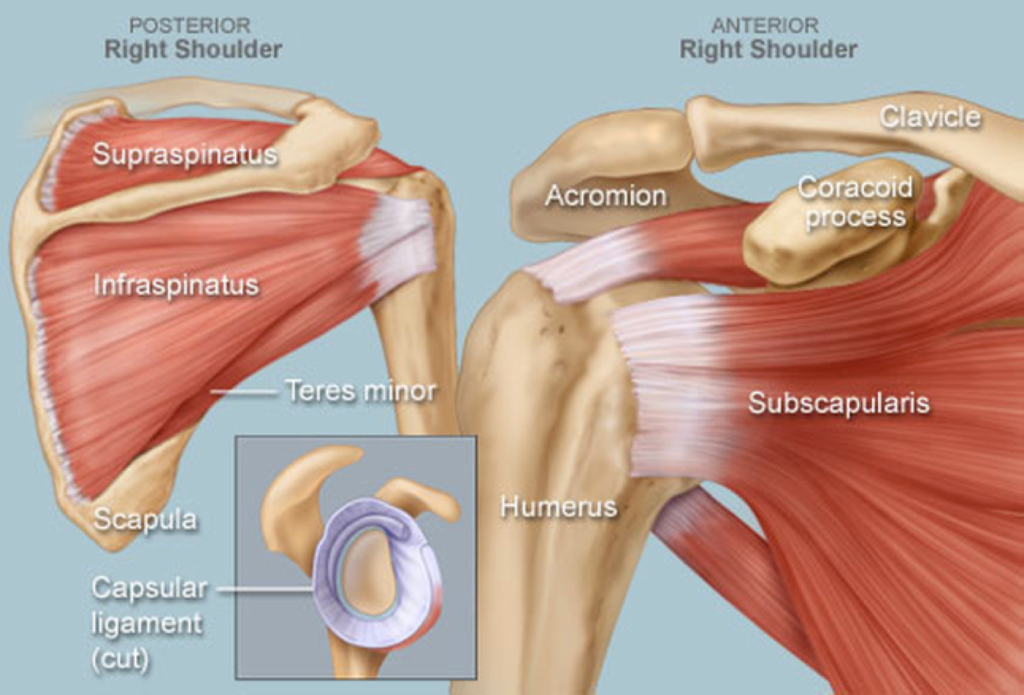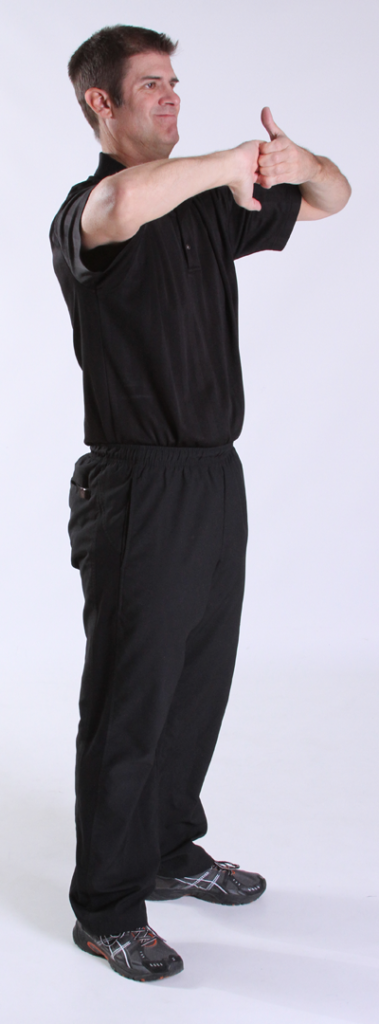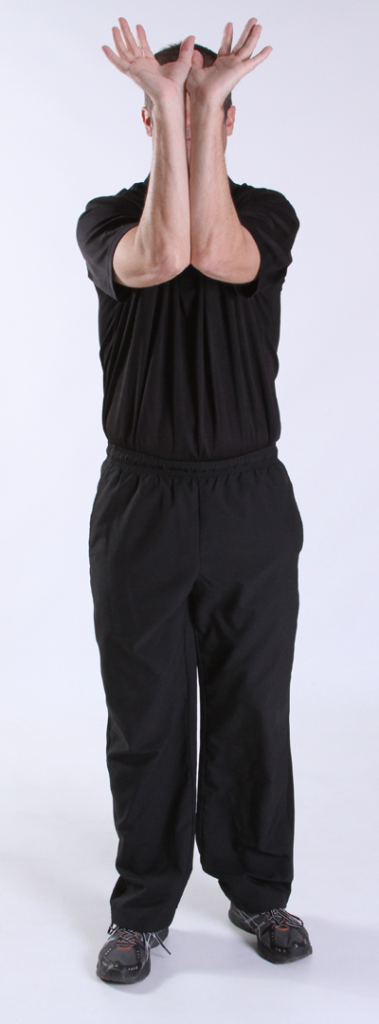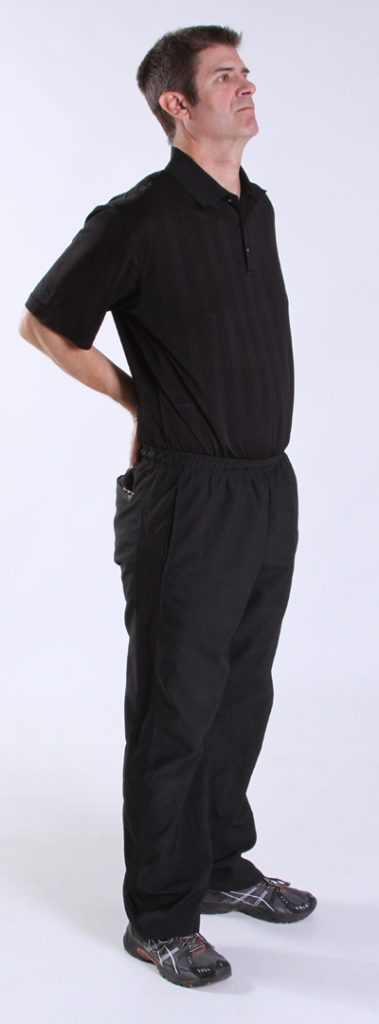Editor’s Note:
This article originally appeared in the Wilderness Athlete Journal, a fitness, health and nutrition resource born from WA’s passion for a healthy and adventurous lifestyle. Capturing the knowledge, obsessions, and aspirations of the complex personalities and rugged individuals who call themselves Wilderness Athletes, the WA Journal will always be informative and help you stay wild.
The shoulder is a one of a kind joint that has unparalleled freedom of movement and can be described as three joints in one.
The shoulder is THE FOUNDATION for all upper body movement and physical activities. From spiking a volleyball, throwing a baseball, pulling your bow back or putting on a 100lb pack, your shoulders play a huge part in whether or not you can complete simple or complex movements. Through many years of over or incorrect use, many people damage their shoulders and avoid getting treatment for this part of their body. With the proper care that the shoulder deserves, you can avoid paying thousands of dollars to hospitals and physical therapists to repair an injury that could have been prevented in the first place.
Today we are going to start with the basics by giving you some information on the shoulder, exercises that you can do anywhere to prevent injuries, and tips and tricks to keep your shoulders healthy for this upcoming season.
Anatomy of the Shoulder
Starting with the anatomy – the shoulder joint is formed where the humerus (upper arm bone) fits into the scapula (shoulder blade). Classified as a ball and socket joint, the shoulder has much less bony support than that of your hip.
The rotator cuff is comprised of four muscles—the supraspinatus, infraspinatus, teres minor, and subscapularis. These muscles stabilize the shoulder and hold the head of the humerus into the glenoid cavity to maintain the principal shoulder joint.
We need to work these muscles the correct way and evenly distribute the workload to stabilize and create a healthy shoulder. Correct training can help facilitate a full range of motion and improve overall strength and durability.
Shoulder Stability Skills
These daily exercises are very easy to incorporate into your busy lifestyle. They can be done quickly before you lift or periodically throughout your workday. Start with 3 sets of 10 seconds for each workout. Increase isometric holds to 20-30 seconds as your strength improves and to meet essential demands or goals.
1. Push/Pulls
Clasp your hands in front of your chest. Squeeze your shoulder blades and pull your hands. Hold for 10 seconds. Now push your hands together but keep your shoulder blades squeezed. Hold for 10 seconds. Reverse your hands and repeat. You should feel the tension in your joints and tendons of your shoulders. Listen to your body, stretch so that you feel it, but don’t make it hurt. Stay within your tolerance.
2. Forearm Press
Start with your arms bent in front, with your elbows together, and the side of your hands together. Press and hold for 10 seconds. Now turn your hands so that your thumbs are together. Hold for an additional 10 seconds.
3. Behind The Back Press
Place your palms against your lower back. Then push your hands against your body and squeeze your shoulder blades. Hold for 10 seconds. Now turn your hands so the back of your hand is against your lower back. Push your hands and squeeze your shoulder blades. Hold for 10 seconds. Repeat.
Remember
Whether you have minor or zero shoulder issues or a long history of shoulder problems, proceed through the exercises with caution and stop if you have any increased pain in the shoulder. If you have any questions about these exercises please contact Jesse at jesse@wildernessathlete.com.





